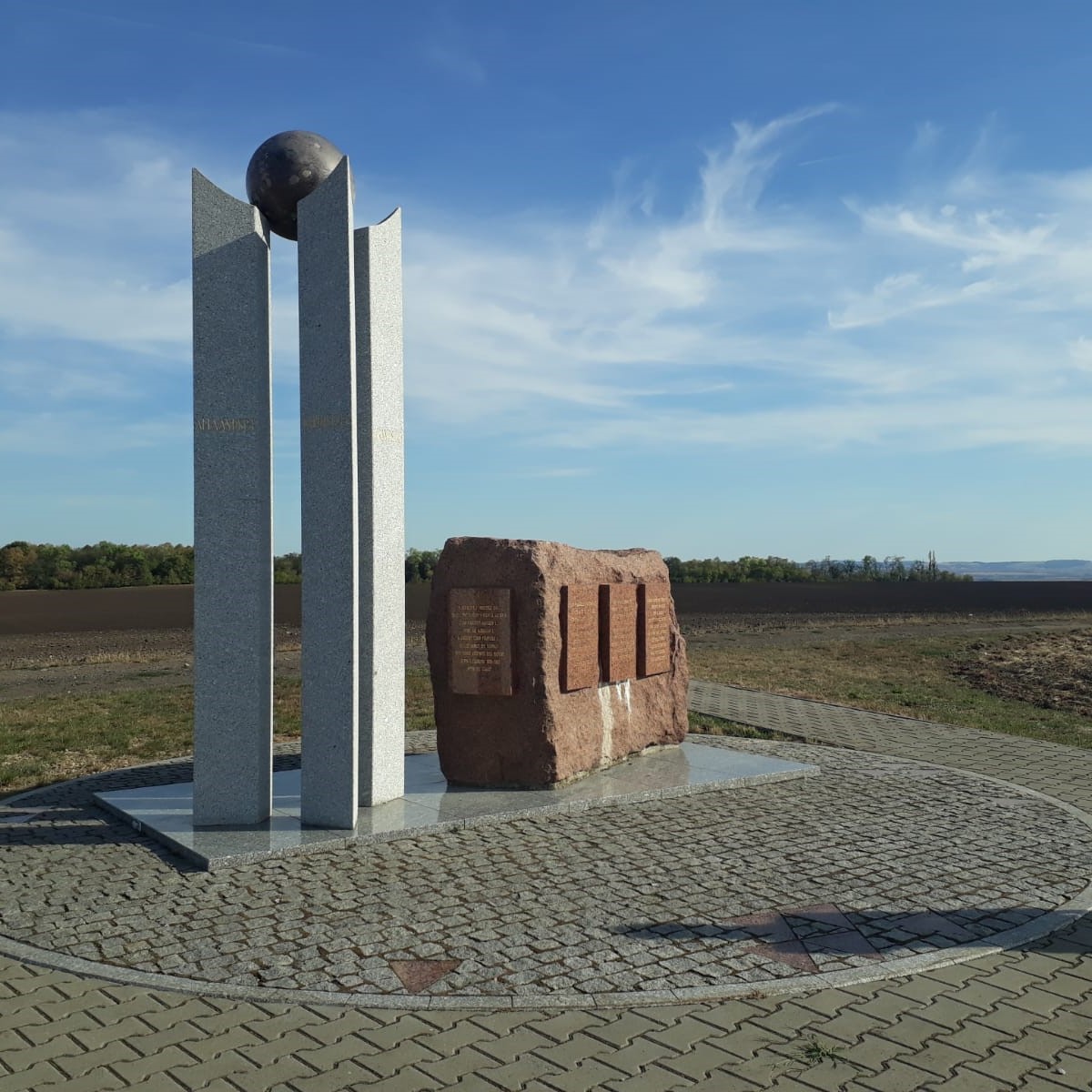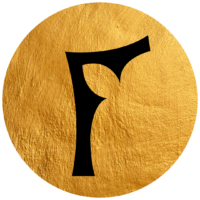Austerlitz - Napoleon’s genius and predicament

📍 🇨🇿 Napoleon’s genius and predicament
December 1805. Napoleon had just self-crowned himself Emperor of France. As England, Austria and Russia decided to form another alliance to contain and bring back France to its pre-revolutionary borders (pre-1792 to be exact), Napoleon Bonaparte switched plans abruptly. The invasion of England is canceled. His colossal Army (“La Grande Armée”) left the Normandy coast to march towards Vienna. Its goal: smash the new anti-French coalition and force Europe to implement an economic blockade against England.
Colossal, motivated, yes; but clearly outnumbered also. ~ 70.000 men on the French side. ~ 90.000 for the Russia/Austria coalition. At the start of the battle, Napoleon broke the Allies in two by ordering an attack on the Pratzen heights (see pic), right in the middle. Later on, soldiers reported that light broke through the fog at the exact time of the assault - a sign interpreted as divine support for the Emperor.
Napoleon’s fortieth battle was won. Again. The Emperor proclaimed on the spot: “it will be enough for you to say: ‘I was at the battle of Austerlitz’, for you to hear back: here is a man of courage” (in French: “voilà un brave”).
Yet, almost at the same time, Napoleon’s Navy was destroyed in the south of Spain by the British at the Trafalgar battle. A catastrophe for France’s key purpose: pressuring England into accepting France’s expanded borders, especially towards the Rhine river. French historian Jacques Bainville (1879-1936) helps understand the context:
“Trafalgar is final, as it takes decades to build a Navy, while Austerlitz will always have to be repeated over and over again…” Napoleon reached a new impossible peak there, but France's maritime vulnerability will never be offset by Napoleon's tactical genius on land.
____ Sources ____
>> Jacques Bainville, “Napoléon”, 1931
